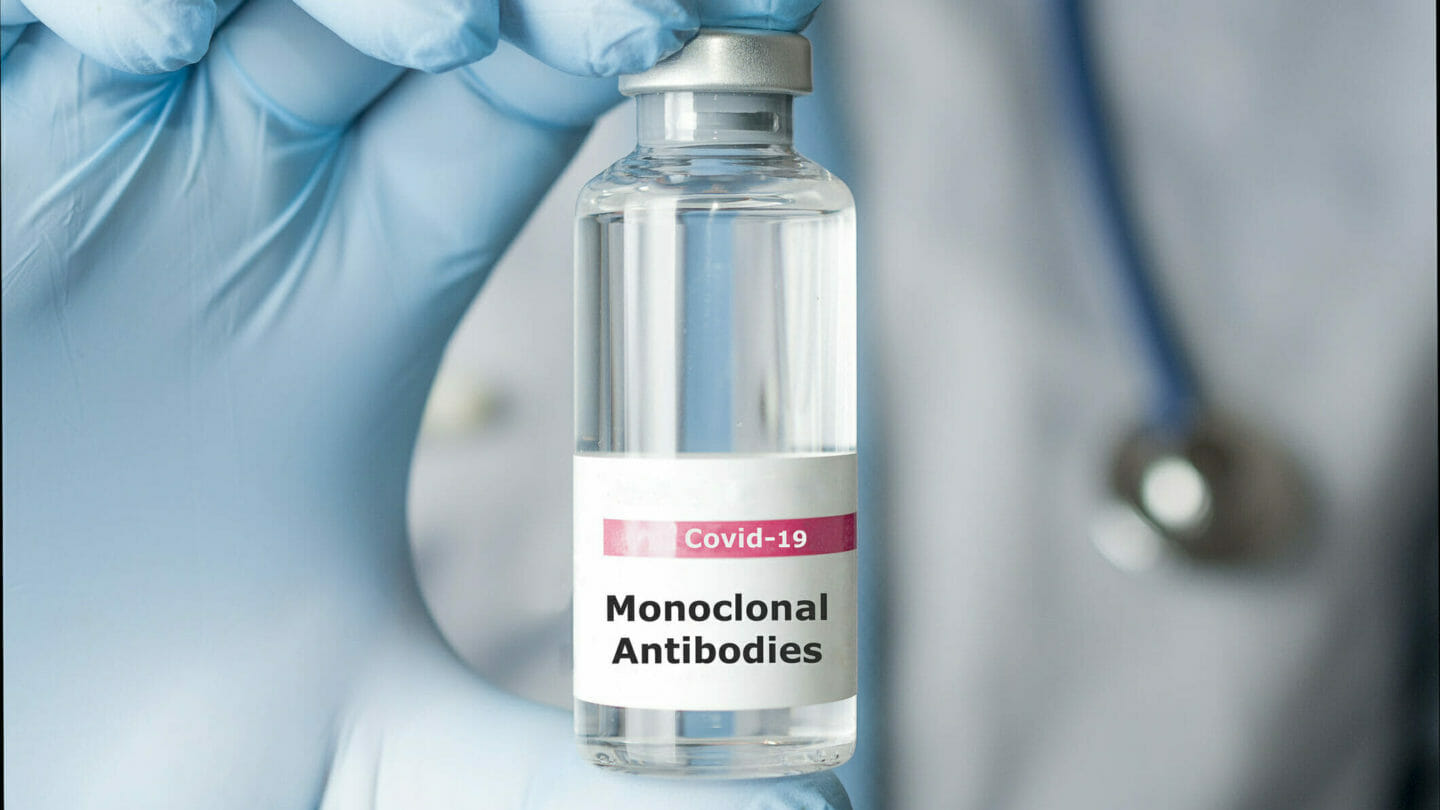
Two emerging SARS-CoV-2 variants will likely evade therapeutic monoclonal antibodies (mAbs). Antiviral drugs, however, should retain their effectiveness, investigators report.
Currently, the omicron variant BA.5 accounts for most COVID-19 cases in the United States. It can be effectively treated with both mAbs and antivirals. But omicron BQ.1.1 and XBB, which are on the rise in the United States, have properties that help them resist the current medications.
In a new laboratory study, scientists assessed the efficacy of available COVID-19 therapeutics against these variants, publishing their findings in the New England Journal of Medicine. They discovered that imdevimab, casirivimab, tixagevimab, cilgavimab and S309 (the precursor of sotrovimab), did not neutralize the BQ.1.1 or XBB variants. Bebtelovimab, which the researchers noted effectively neutralizes BA.1, BA.2, BA.4, and BA.5, also had no efficacy against BQ.1.1 or XBB.
What’s more, two monoclonal antibody combinations, imdevimab–casirivimab (REGEN-COV2) and tixagevimab–cilgavimab (Evusheld) failed to neutralize either of the newer omicron variants.
Investigators also tested the efficacy of the oral antivirals remdesivir, molnupiravir and nirmatrelvir against the new variants. These drugs are efficacious against both BQ.1.1 and XBB — at least in a laboratory setting, the authors reported.
The takeaway? It may be time to develop new monoclonal antibodies, which have been shown to prevent severe COVID-19 outcomes and have until recently been a mainstay of COVID-19 treatment, the authors concluded.
Related articles:
Use of deauthorized COVID antibody treatments widespread in early 2022: study
FDA: Evusheld may be less effective against latest COVID variants




